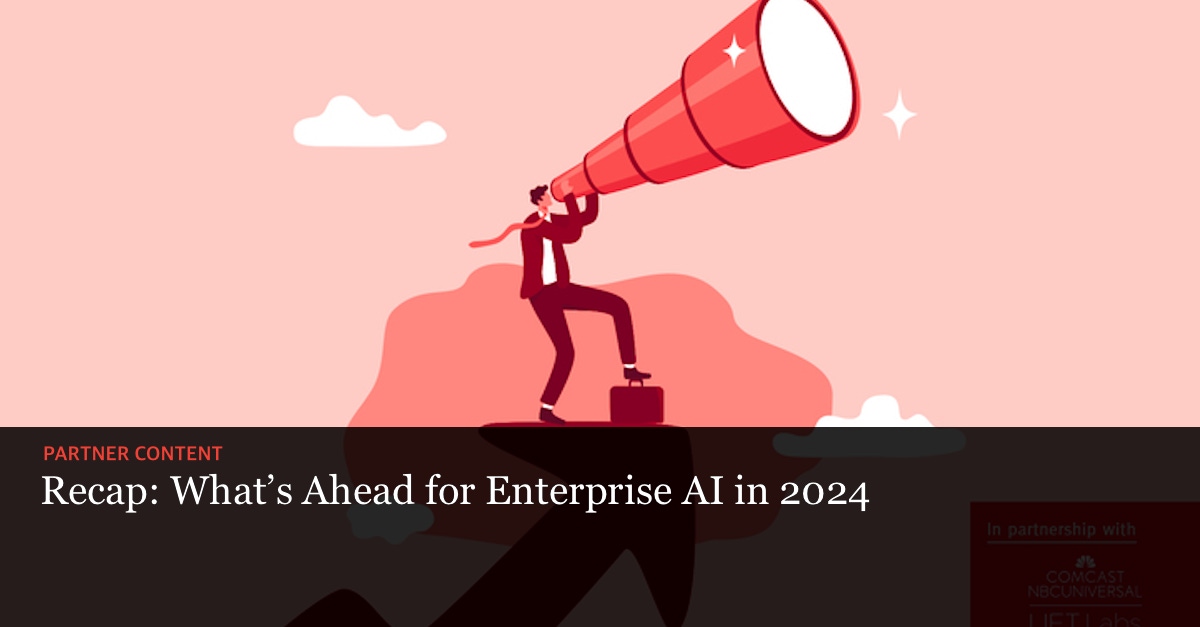Businesses worldwide eagerly adopted artificial intelligence in 2023, but now they are pausing to assess their financial situations. Despite this pause, there continues to be a surge in innovative applications every year. Amir Efrati from The Information engaged in a discussion about the future of AI with experts in programming, security, and large language models in partnership with Comcast NBCUniversal LIFT Labs. The panel included Grant Bourzikas, the Chief Security Officer at Cloudflare, Lydia Ding, Co-founder of CodeComplete AI, and Will Grannis, the Chief Technology Officer at Google Cloud.
One key topic of discussion was the utilization of AI to enhance customer experience. Will Grannis highlighted Gymshark as a prime example, where the fitness retailer collaborated with Google Cloud to deploy a personalized shopping assistant for online customers, streamlining the product recommendation process during peak seasons.
Addressing cybersecurity concerns, Grant Bourzikas emphasized the role of AI in swift attack response by identifying patterns exhibited by attackers, offering a more comprehensive security perspective.
In the realm of programming, Lydia Ding delved into the transformative impact of AI on coding practices, emphasizing the potential for smaller, more efficient models to outperform traditional ones, leading to cost-effective and environmentally friendly solutions.
As businesses reevaluate their AI investments, Will Grannis stressed the importance of flexibility in choosing AI models tailored to specific needs, steering away from rigid and costly solutions.
Looking ahead, the experts discussed the need for governance in AI development to ensure ethical practices and tangible outcomes. Additionally, the potential for AI to revolutionize various industries, including the creation of synthetic materials for energy applications, signifies exciting prospects for the future.
While the future of AI remains uncertain, its proven ability to drive advancements in various sectors while tackling complex challenges underscores its enduring relevance and potential for further innovation.






